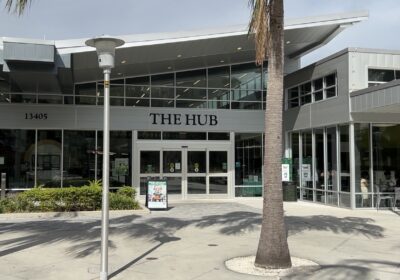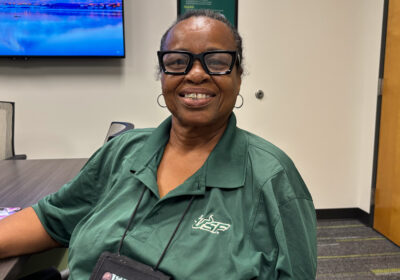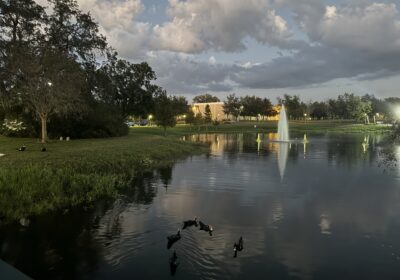USF researchers progress protein-based therapy for ALS patients

A protein that could provide assistance to the progression of a protein-based therapy for patients with Lou Gehrig’s disease (ALS) has been tested by researchers at the Morsani College of Medicine, ultimately leading to successful results, according to lead investigator Svitlana Garbuzova-Davis.
Effects of apolipoprotein A1, a “good cholesterol” on endothelial cells, were examined in the study. The protein has achieved protection of endothelial cells in certain diseases like diabetes and atherosclerosis, but the effects on ALS-damaged endothelial cells were still uncertain, according to a report published by eNeuro.
Although the progress is promising, USF Health professor Alison Willing said more time will be needed to get a better understanding on how this treatment will fare when used on humans.
“It’s a little early to predict what the ultimate effect is for patients,” Willing said. “In this study, we used a cell culture model where we can control all aspects of what the cells are exposed to. It is not possible to have the same degree of control in people.”
A framework for future research that could determine the therapeutic effects of the protein, this time with animal models of ALS, has been made possible due to this study, according to Garbuzova-Davis.
It may be considered for use in clinical trials that would be tested for safety and efficacy in ALS patients, she said.
If progression continues, the protein could potentially be a novel therapeutic for endothelial cell repair, Garbuzova-Davis said. This would replenish the central nervous system barrier patients diagnosed with ALS. It could also assist in relieving ALS symptoms, such as inflammation and imbalanced antioxidant levels.
The end goal of this study is to decrease the progression of the disease, according to Garbuzova-Davis.
“With a functional barrier, the hope is that the environment in the central nervous system will become less toxic and disease progression can be slowed,” Garbuzova-Davis said.






